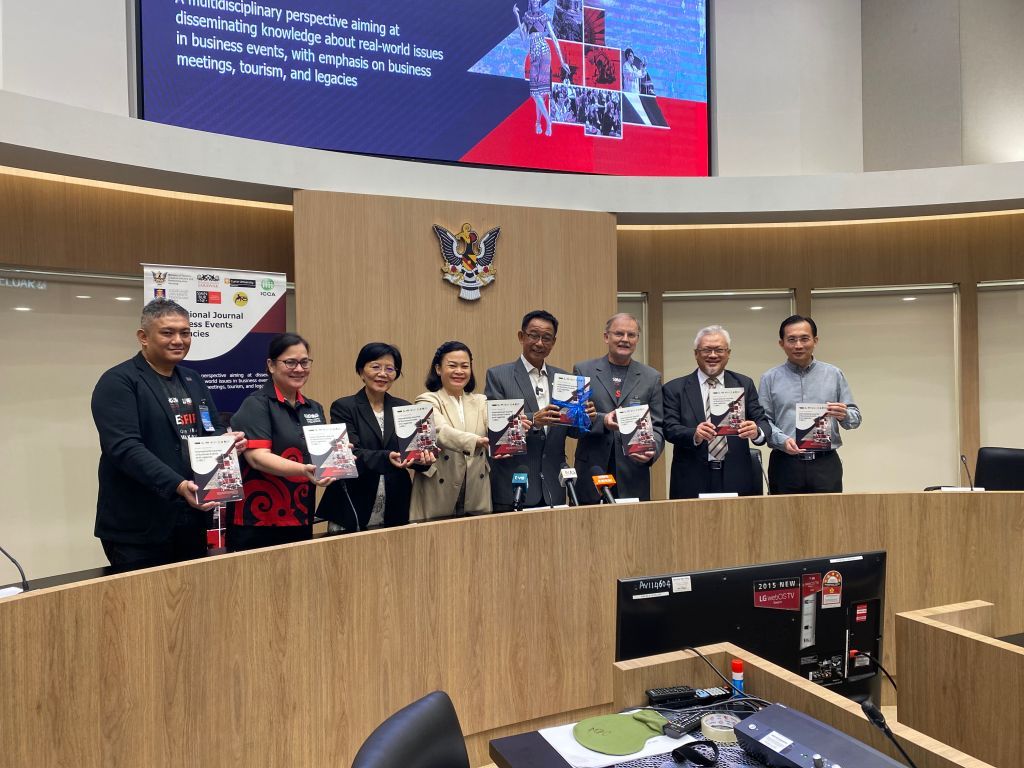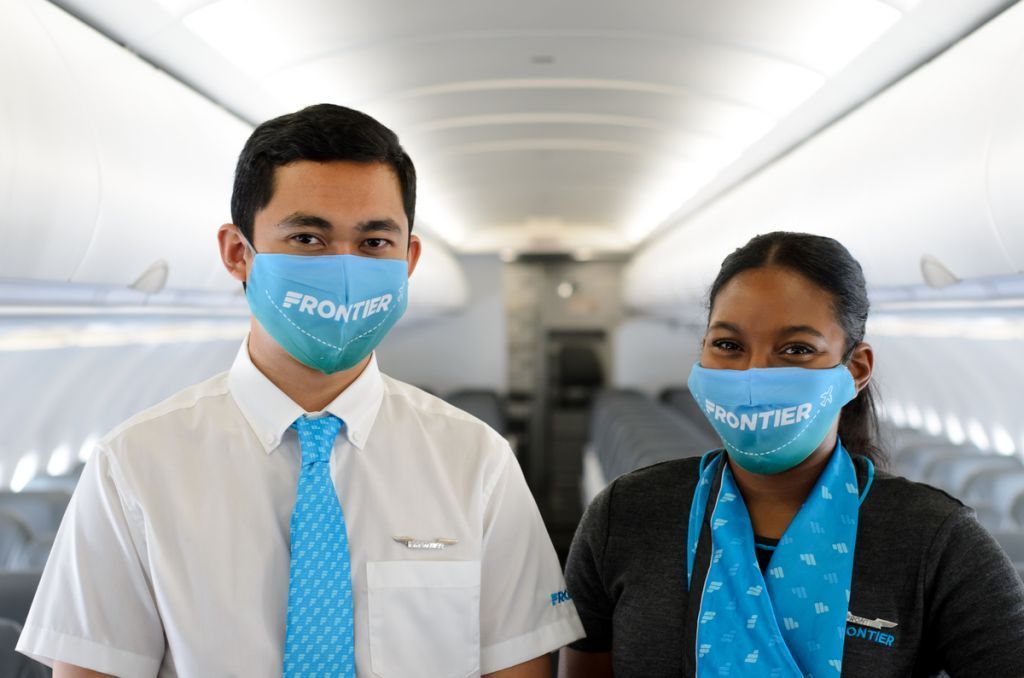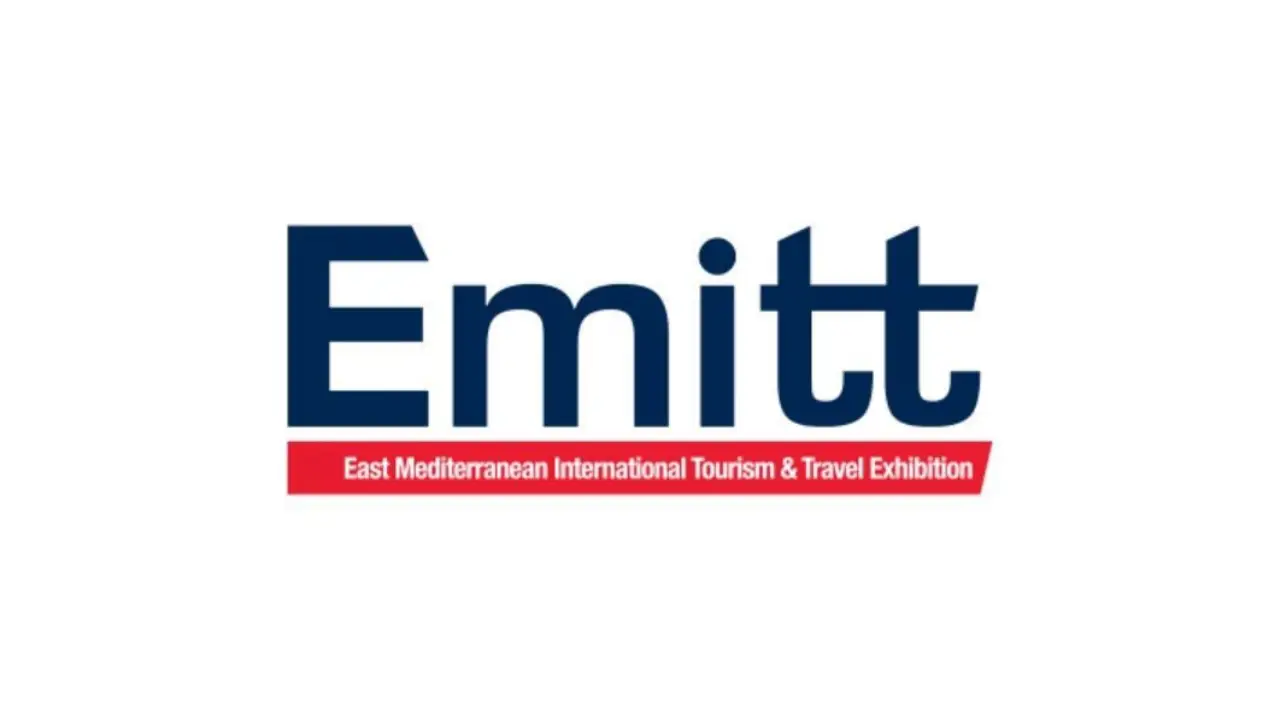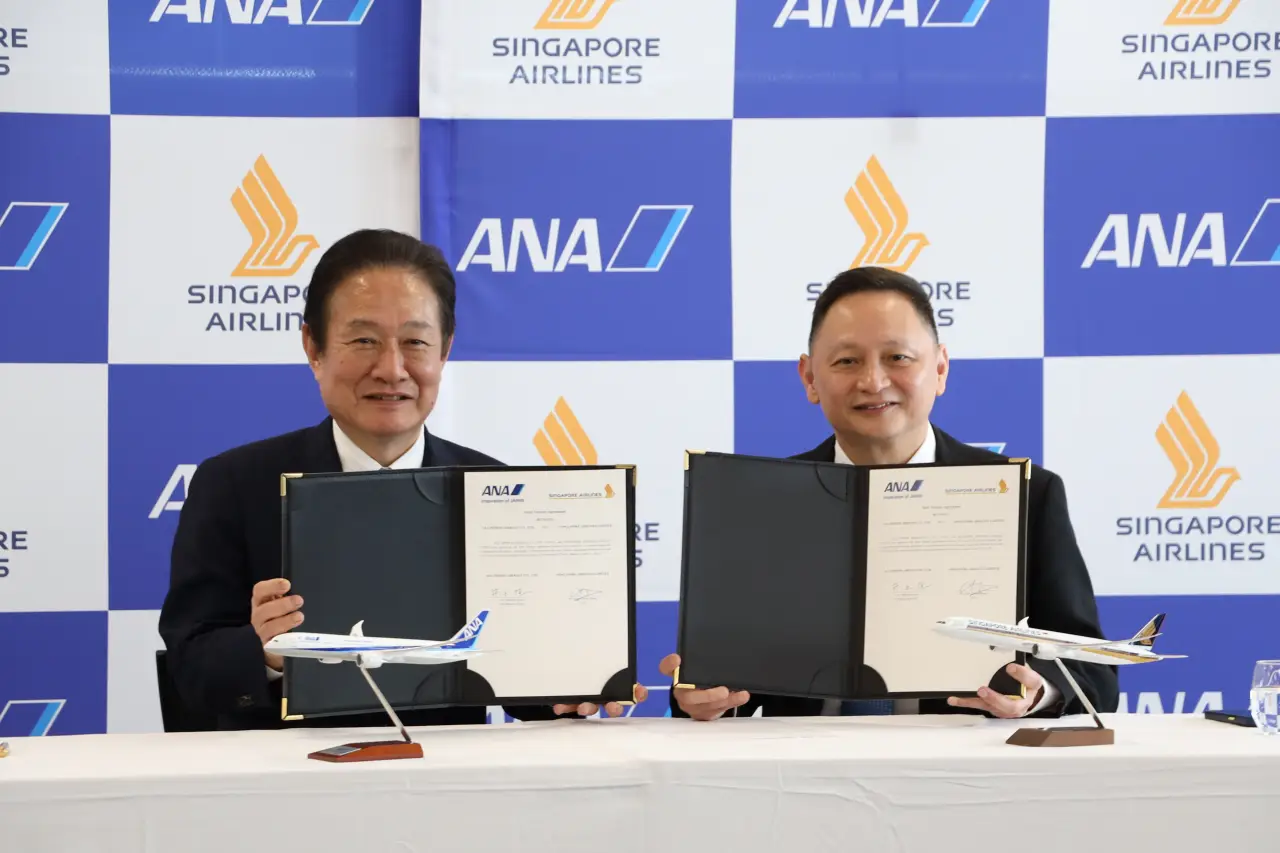Mastercard has signed a Memorandum of Understanding (MoU) with Gilead Sciences, Inc. to explore the potential use of the Mastercard Aid Network to simplify the delivery of hepatitis C treatment in a resource limited setting with high disease burden.
The Mastercard Aid Network is a non-financial digital solution that helps facilitate the distribution and tracking of aid funds. Organizations such as World Vision and Save the Children have successfully used this technology for emergency and ongoing humanitarian relief efforts in the Philippines and Yemen.
The collaboration with Gilead is the first instance where the closed-loop, points-based Mastercard Aid Network would be used in a healthcare context.
An estimated 150 million people worldwide are infected with hepatitis C, with the vast majority of those people living in low- and lower-middle income countries. Many of these countries lack government funded national treatment programs for hepatitis C, the majority of healthcare expenditure being through out-of-pocket payments.
“This initiative builds on an ongoing effort to use our technology to advance the Sustainable Development Goals – and to enable people to lead better, more autonomous lives”, said Leigh Amaro, senior vice president, Enterprise Partnerships, Mastercard. “In slightly more than a year, the Mastercard Aid Network has helped international aid organizations increase their impact in some of the most distressed communities. By combining our digital technology with Gilead’s medical expertise, we look to have the same effect in delivering health services to those people who need it the most.”
Under the MoU, the parties will discuss the development of a digitized tool, including a monitoring and evaluation feature, that healthcare providers can use in a small-scale pilot to facilitate successful treatment outcomes.
“Our goal is to expand access to effective treatment for chronic hepatitis C”, said Gregg Alton, executive vice president, Corporate and Medical Affairs, Gilead Sciences. “In exploring the potential use of this technology in a resource poor setting, we hope to better provide essential medicines and services to patients.”
“Unlike in so many disease areas, in hepatitis C we have a cure”, said Charles Gore, president of the World Hepatitis Alliance. “The issue is facilitating affordable access to treatment for the tens of millions who need it. We have to explore smart and innovative mechanisms that simplify the treatment process, cut out inefficiencies and help drive down costs. This initiative, which combines access to hepatitis C treatment with the Mastercard Aid Network platform and civil society’s ability to deliver on the ground, is exactly the sort of public-private partnership that we need to explore.”













